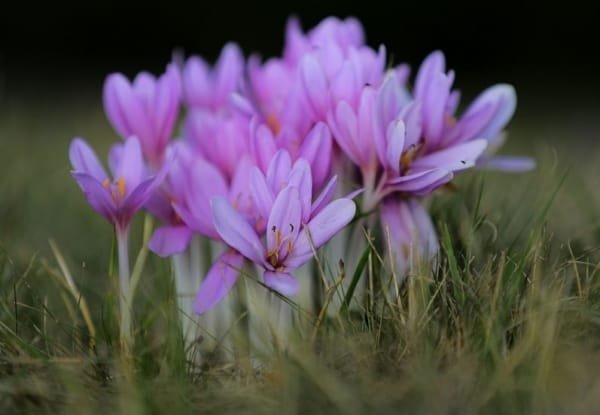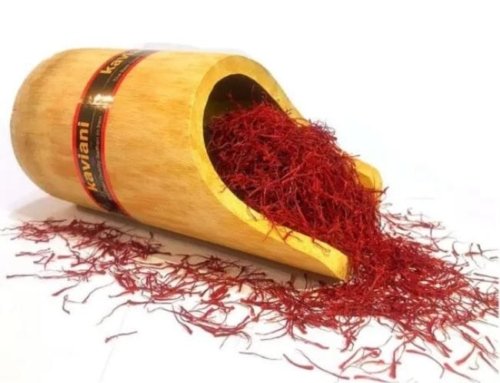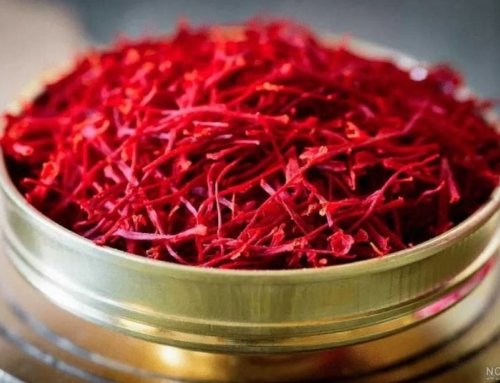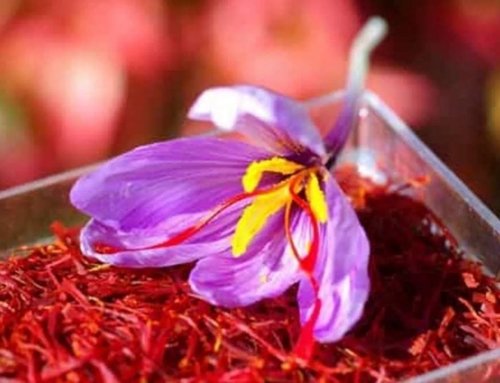 Saffron Fertilizer Tips for Maximum Yield
Saffron Fertilizer Tips for Maximum Yield
Choosing the right fertilizers is crucial for maximizing saffron crop yield. Additionally, the best fertilizers can support root growth, enhance blooming, and ensure that your plants remain healthy throughout their growth cycle.
Why Fertilizing Saffron is Crucial
Using the right fertilizer for saffron plays an important role in plant development. In particular, fertilizers provide essential nutrients like nitrogen, phosphorus, and potassium, which promote healthy roots and robust flowering. As a result, proper fertilization directly influences the quality of your saffron harvest.
Fertilizer Options for Optimal Saffron Growth
For a healthy and productive saffron crop, it is important to choose fertilizers that support bulb growth and flowering. Here are some effective options to consider:
- White Fertilizer: It is particularly effective after harvest.
- Black Fertilizer: Ideal for boosting root growth and establishing strong foundations.
- Potash Fertilizer: Strengthens the plant and significantly improves disease resistance.
- Animal Manure: Enhances soil fertility and provides the necessary plant nutrition.
White Fertilizer: The Best Post-Harvest Choice
White fertilizer, which is rich in nitrogen and phosphorus, is particularly effective for saffron after the flowers have been harvested. By applying this fertilizer, you help replenish the plant’s nutrients during the critical period when the bulbs are most receptive. Consequently, it fosters better future blooms and stronger bulbs.
Fertilization Timing for Saffron
Timing your fertilizer application is key to supporting optimal growth. Therefore, below is a guide for applying each type of fertilizer at the most appropriate times:
- Stage One: Apply animal manure before planting saffron bulbs to prepare the soil.
- Stage Two: Apply granular fertilizers every alternate year to ensure consistent nourishment.
- Stage Three: Use water-soluble fertilizers during November or December, ideally when the soil temperatures are more favorable.
- Stage Four: Foliar fertilizers are most effective after the flowers have bloomed, promoting continued growth.
Improving Saffron Health with Potash
Potash fertilizer helps strengthen plant tissues, enhancing both the saffron plant’s resistance to disease and its ability to retain moisture. As a result, your plants will thrive in varying environmental conditions.
Finding the Best Fertilizer for Your Saffron Fields
When selecting the best fertilizer for saffron, consider several key factors, including soil type, climate, and the saffron variety being grown. Additionally, choose fertilizers that align with the specific needs of your saffron field. By tailoring your fertilization to your field’s conditions, you can optimize plant health and maximize yield.
Using Animal Manure in Saffron Cultivation
Animal manure, particularly cow manure, is highly beneficial for improving soil conditions and supplying essential nutrients to your saffron plants. However, be sure that the manure is properly aged before application to prevent potential damage to the plants. Properly prepared manure will promote stronger, healthier saffron crops.
By carefully selecting and timing fertilizer applications, you’ll give your saffron crops the best chance for a successful harvest and abundant yield.


![Exporting Saffron to Turkey + Price Guide [Complete 0 to 100]](https://www.rowhanisaffron.com/wp-content/uploads/f1-372-500x383.jpg)




Get Social